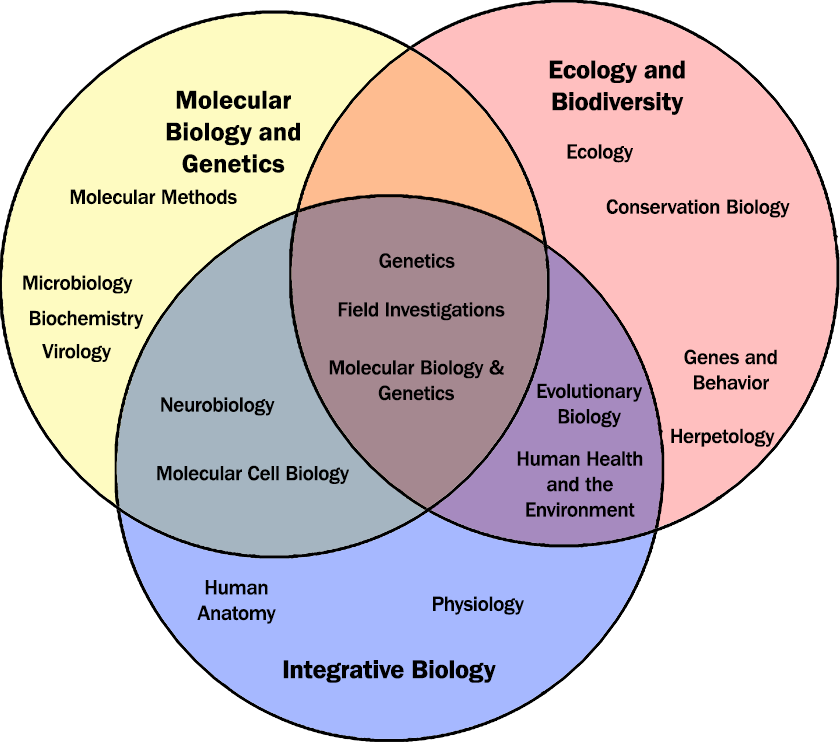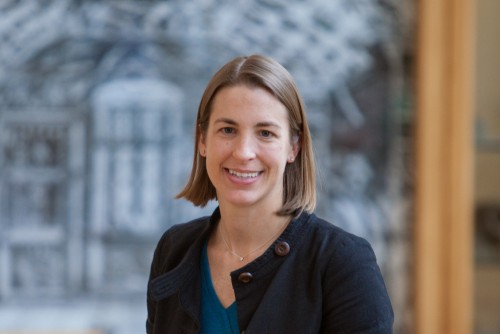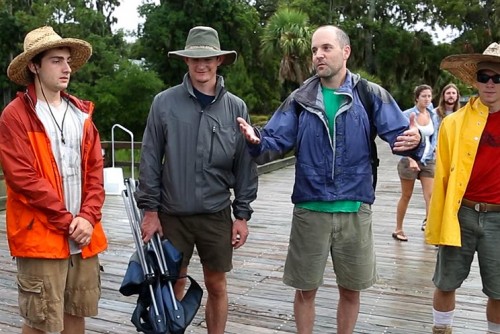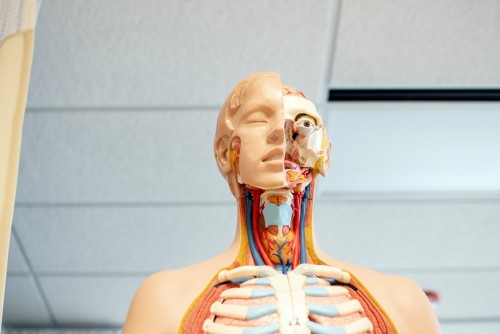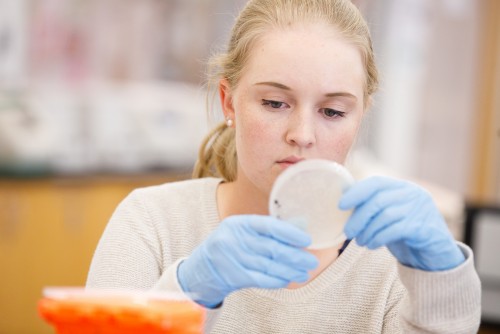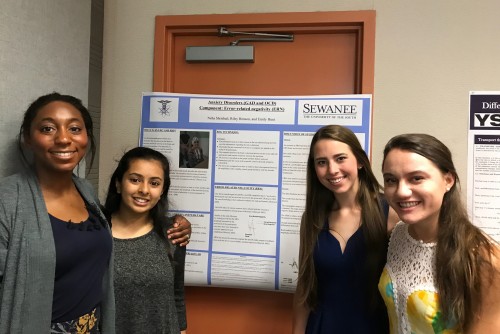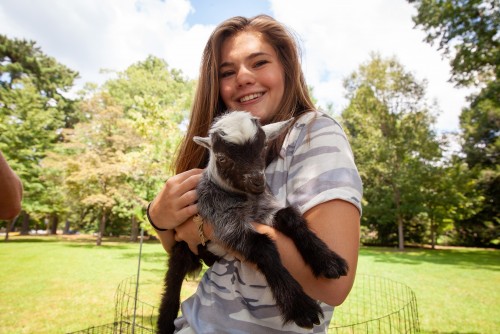Through a combination of formal coursework, laboratory courses, field courses, and research projects with faculty, our students explore biological complexity from the inner working of cells to ecosystems. Moreover, our students are introduced to the pressing questions that remain in the life sciences and are exposed to the ways that scientists at Sewanee and beyond are working to address these questions.
Our Majors
The biology department offers a major in biology for which students select from of the three tracks:
The biology department also offers, in collaboration with the psychology department, a major in Neuroscience and, in collaboration with the chemistry department, a major in Biochemistry.
Special courses offered in EASTER 2026
- BIOL 339: Pharmacology: From Molecules to Society
How do drugs shape not only cells, but also culture? This course introduces the principles of evidence-based medicine, pharmacodynamics, pharmacokinetics, and the actions of drugs on major organ systems —while situating these scientific foundations in a broader liberal arts context. Case studies of recreational drugs, cognitive enhancers, and therapeutic agents highlight ethical debates, historical trajectories, and social implications.
Prerequisites: BIOL233
You can find the Instructors and Course Description Here!
Opportunities for Students
Students have the opportunity to study away with the Island Ecology program and a variety of other environmental study away programs.
Students who are interested in the health sciences often major in biology and work with the Office of Medical and Health Programs to earn practical experience via internships and civic engagement opportunities.
Students who are interested in a career in research are encouraged to get involved in student-faculty research and to consider working full-time on research projects in the summer with undergraduate research fellowships offered through the Office of Undergraduate Research and Scholarship.
